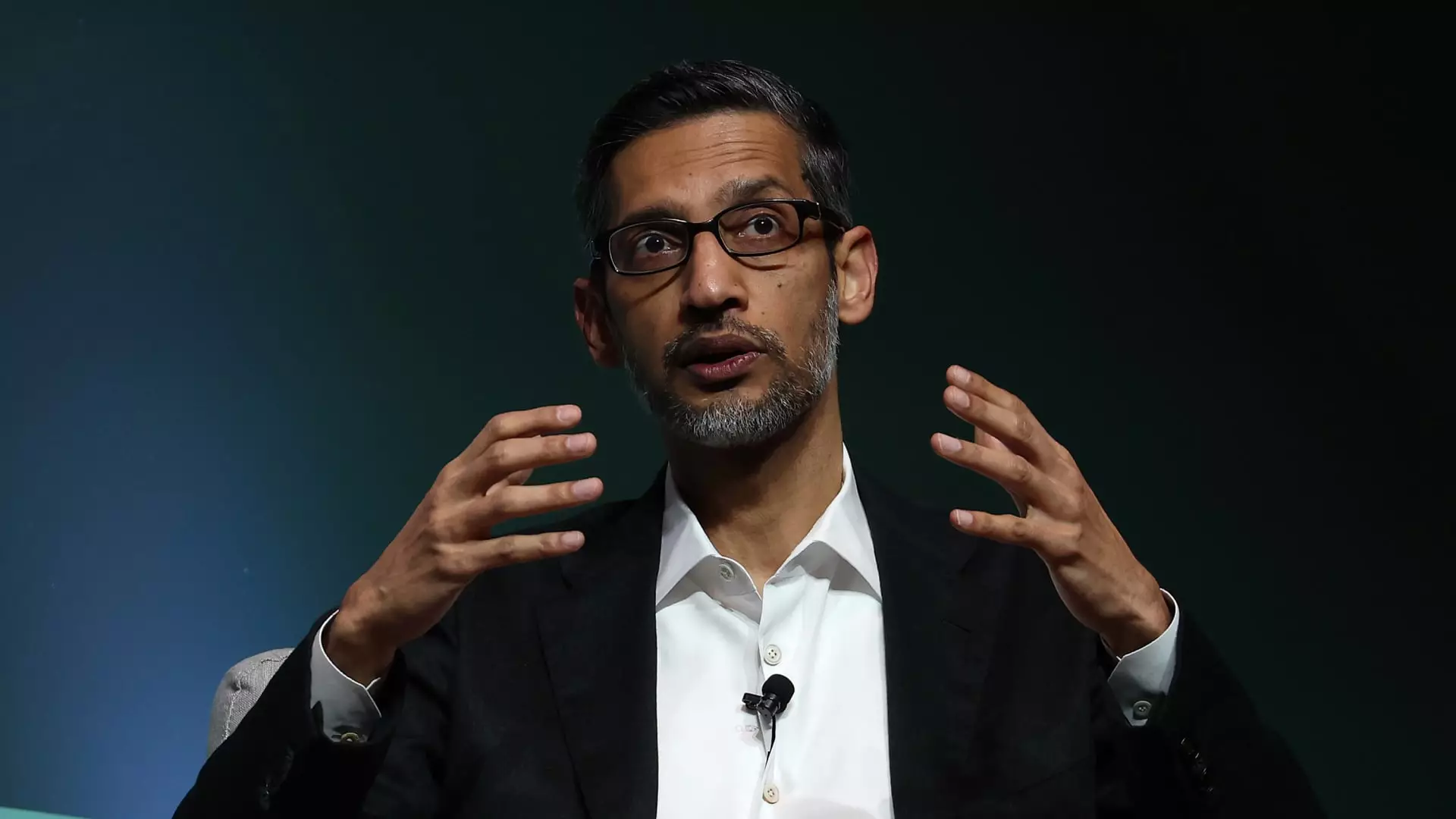Wiz, a cloud security startup, recently made headlines by turning down a staggering $23 billion acquisition offer from Google. This decision surprised many, as it would have been the largest-ever deal for the tech giant. Instead of accepting Google’s offer, Wiz announced that it would focus on pursuing its original plan of going public through an initial public offering (IPO). Co-founder Assaf Rappaport explained in a memo to employees that saying no to such a tempting offer was a tough decision.
One of the key factors cited for Wiz’s decision to walk away from the deal was concerns related to antitrust issues and investor expectations. By choosing to pursue an IPO, the company aims to achieve significant milestones, including reaching $1 billion in annual recurring revenue. These were targets that Wiz had set for itself even before the acquisition talks with Google became public. The deal would have nearly doubled the startup’s valuation from its most recent funding round, which valued the company at $12 billion.
Wiz’s cloud security products have gained popularity among large firms due to their comprehensive range of services, including prevention, active detection, and response capabilities. These offerings would have strengthened Google’s position in the security software market and allowed it to better compete with industry leaders like Microsoft. Google’s cloud segment has faced pressure to expand its market share and profitability amid fierce competition from rivals such as Microsoft and Amazon. The potential acquisition of Wiz could have provided Google with the boost it needed to grow its cloud business.
In the current tech landscape, exits through acquisitions or IPOs have been rare, with startups either waiting for more favorable market conditions or facing regulatory hurdles. Venture capital firms such as Index Ventures, Insight Partners, Lightspeed Venture Partners, and Sequoia have invested in Wiz with the expectation of significant returns. However, reaching the necessary exit valuation of over $10 billion remains a challenge for many startups, despite raising multibillion-dollar funds. The collapse of the deal between Wiz and Google serves as a reminder of the complexities and uncertainties of the tech investment ecosystem.
Since its founding in 2020, Wiz has experienced rapid growth under the leadership of Assaf Rappaport. The company reached $100 million in annual recurring revenue within 18 months and achieved $350 million in 2023. Backed by prominent venture capital firms such as Cyberstarts, Index Ventures, Insight Partners, and Sequoia Capital, Wiz has built a strong foundation for its future growth and expansion. Its founders’ previous success with security startup Adallom, which was acquired by Microsoft for $320 million, has further solidified Wiz’s reputation in the industry.
Wiz’s emergence coincided with the onset of the COVID-19 pandemic, prompting a widespread shift towards cloud-based solutions for remote work. This shift has benefited Wiz, allowing the company to provide essential security services for applications and data stored on major public clouds such as Amazon, Google, Microsoft, and Oracle. By leveraging industry trends and responding to the growing demand for cloud security solutions, Wiz has positioned itself as a key player in the evolving cybersecurity landscape.
The decision by Wiz to reject Google’s acquisition offer in favor of pursuing an IPO reflects the company’s confidence in its ability to achieve long-term success and deliver value to its stakeholders. By staying true to its original goals and focusing on growth, Wiz has set a course for further expansion and innovation in the competitive cloud security market. As the tech industry continues to evolve, Wiz’s story serves as a testament to the importance of strategic decision-making and perseverance in the face of challenges.

Leave a Reply